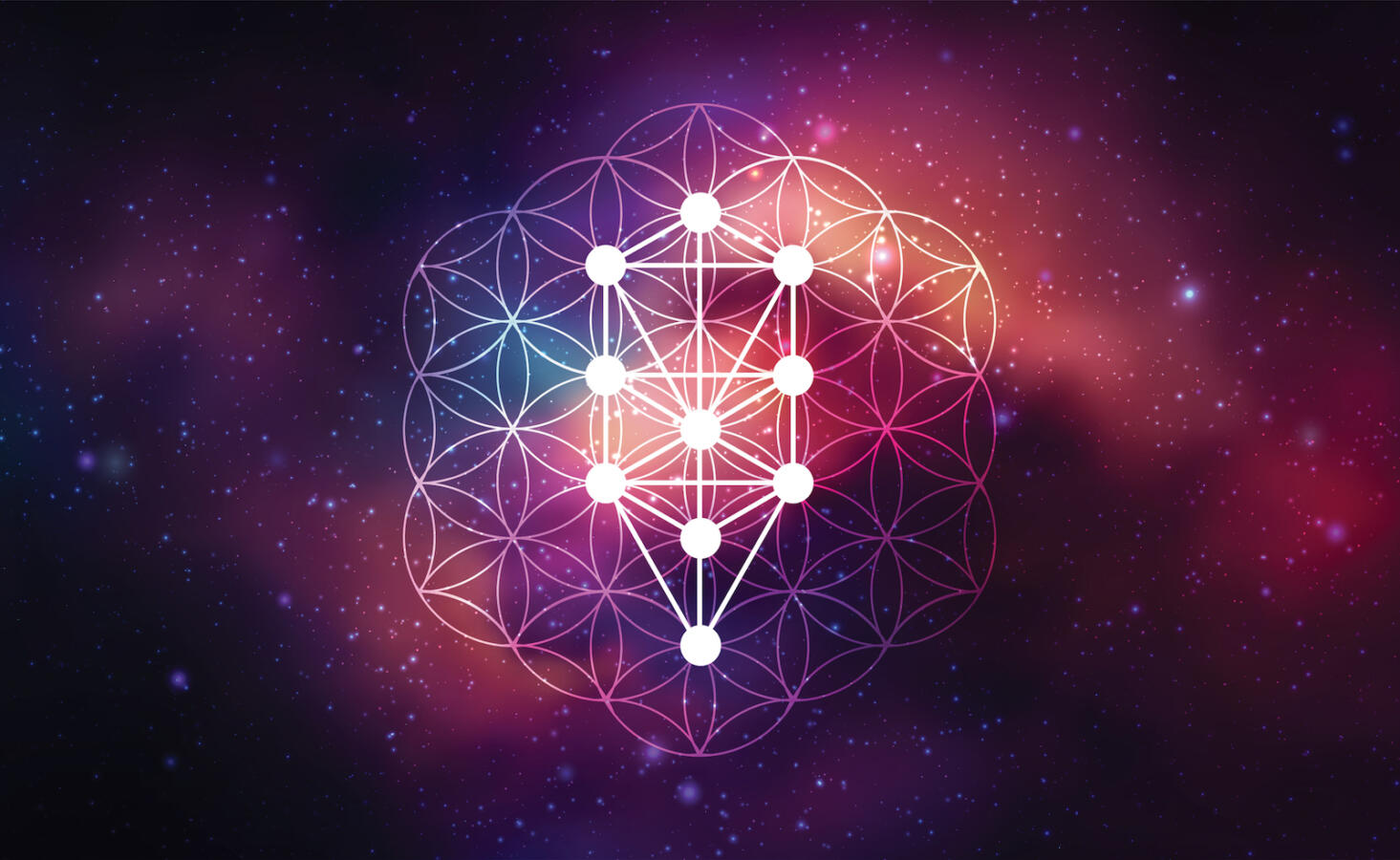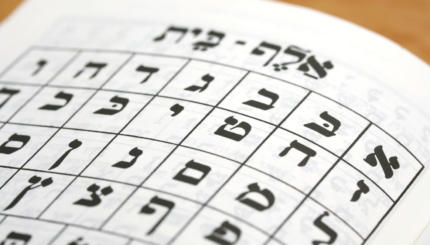For much of Jewish history, the study of Kabbalah, or Jewish mysticism, was shrouded in secrecy, its teachings restricted to the most pious and learned scholars. Esoteric knowledge of God and the nature of the cosmos was considered both powerful and dangerous, something not to be entrusted to the masses.
The most ancient and influential source for this belief is the famous story in the Talmud of the four rabbis who entered pardes — literally “orchard,” but commonly understood to mean they ascended to heaven and/or had some mystical encounter with God. Of those four, one died, one went mad and one “cut off the shoots” (meaning perhaps that he was cut off from the Jewish people or lost his faith). Only one, Rabbi Akiva, emerged unscathed. These rabbis were of the elite, and yet despite their evident piety and wisdom, intimate knowledge of God was too much for all but one of them.
This caution about probing the deepest mysteries of creation persisted throughout Jewish history, and even into the modern age. Maimonides seems to have prohibited the study of Jewish mysticism until one had mastered the Torah. And Rabbi Shabbatai Hakohen, a 17th-century talmudist popularly known as the Shach, famously instituted a rule that one should not study Kabbalah until the age of 40 — the age at which, according to the Mishnah, wisdom is attained. Students were also expected to be married men who were already steeped in Torah and Talmud. In short, one was expected to be at a mature and stable place in life, and to be deeply learned in classical Jewish sources, before tackling a subject as complex as Kabbalah.
These injunctions were never widely observed. One of the best-known kabbalists in history, Rabbi Isaac Luria, didn’t even live to 40. Roughly a century after Luria’s death, the Baal Shem Tov, the founder of the Hasidic movement, borrowed heavily from kabbalistic ideas in crafting an approach to Jewish practice that aimed to bring an experience of divinity to the masses. (Early opponents of the Hasidim cited precisely this tendency in justifying their condemnation of Hasidic practice.) And in the modern era, many teachers of Kabbalah have argued that the restrictions were products of an earlier age and that the time had come for Jewish mystical insights to be made available to a world in desperate need of spiritual connection. Or alternatively, that while certain kabbalistic experiences might be off limits — employing techniques to effect an out-of-body experience akin to what the four talmudic rabbis experienced, for example — teaching the basics of Jewish metaphysics is not only permissible, but even obligatory.

Help us keep Jewish knowledge accessible to millions of people around the world.
Your donation to My Jewish Learning fuels endless journeys of Jewish discovery. With your help, My Jewish Learning can continue to provide nonstop opportunities for learning, connection and growth.
The precise nature of the danger isn’t entirely clear, but among the commonly cited reasons is the potential for misuse. In this view, it’s not Kabbalah per se that is dangerous, but the possibility that its ideas, many of them difficult to grasp without the guidance of a qualified teacher, might be misinterpreted or worse — exploited by the nefarious. The chief example of this is Shabbetai Zevi, a 17th-century mystic who claimed, in part based upon a supposed kabbalistic computation, that he was the long-awaited messiah. The fervor for Zevi swept the Jewish world, precipitating a crisis of faith when Zevi’s claims were not borne out.
Other sources suggest that particular kabbalistic techniques, or so-called “practical Kabbalah,” could be dangerous, even for those of deep experience. Rabbi Aryeh Kaplan, in his book Meditation and Kabbalah, describes several practices that are potentially dangerous, among them the meditative practice of yichudim (“unifications”), in which various names of God are manipulated in the mind. “If improperly used,” Kaplan wrote, “they can produce effects that are both traumatic and dangerous. Even someone as spiritually advanced as Rabbi Chaim Vital was often overwhelmed by these experiences.” Other practices aimed at achieving altered states of consciousness could also produce mental shifts that would be dangerous for those who aren’t properly prepared.



